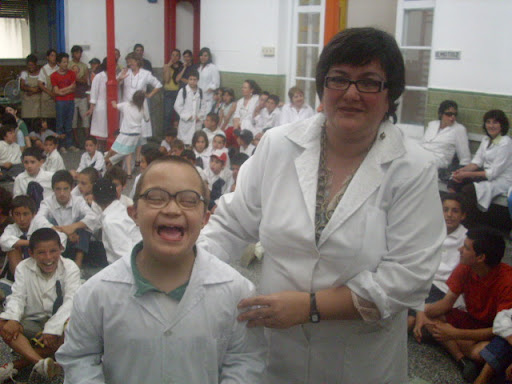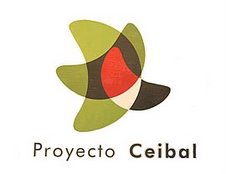Originally published by Pablo Flores on December 14th, 2007. Translated by Paul D. Spradling.
Project "Flor de Ceibo", initiated in the Universidad de la Republica, has given rise to the collaboration between Plan Ceibal and LATU (Uruguay's Technological Laboratory). The project's general aim is to organize volunteer activities, counting with the participation of students and staff of the university. The project is in an embryonic state, but its aims are well defined:
The university will support Project Ceibal, accompanying and contributing, with the end of improving opportunity and equality in the access to the new technologies to all children in the country; generating a profound change in education.
It is expected that students and staff of the university will participate, contributing their experience to facilitate the students, teachers and parents first encounter with this new tool (the laptop).
By means of an activity of mass participation throughout the university, it is expected to contribute essential elements to the formation of the university's students. Key elements include: closer contact with the reality of the country, development of communication and expression skills, and the horizontal link with students and staff of other faculties or mayors.
We hope to generate links that will potentially give birth to projects of development, content or that will contribute national know-how. It is expected from this experience, that some students will maintain contact with the schools that they visited and that development projects with social utility will surface.
We aspire for a project of mass participation by students and staff of a variety of carriers, which will develop throughout the year 2008 in which Project Ceibal will spread throughout all rural areas of the country.
The modality of uniting, in mass, the university's students to the volunteer activities of Plan Ceibal will begin next year. Nevertheless, a preliminary activity in which only professors will participate, is already planned.
It will take place in the Sarandí Grande Theatre this following Wednesday, December 19th. The work schedule is the following:
10:00 to 10:30 Meet with teachers: Introduction.
10:30 to 12:30 Meet with teachers: Laptop utilization and email workshop. Q&A.
13:30 to 14:00 Meet with parents: Introduction.
14:00 to 16:00 Meet with parents: Laptop utilization and email workshop. Q&A.
The idea is to back off a little from exclusive school use, and to support the families so that they also take advantage of this powerful resource.
We expect everyone in the region. It is recommended to bring your own laptop.



